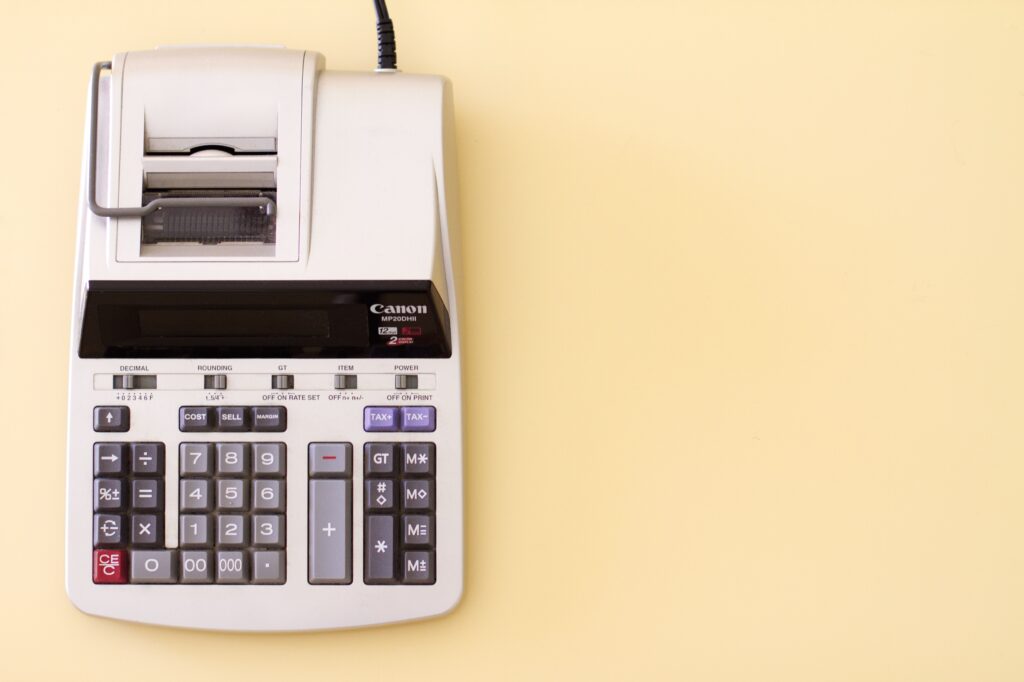This article will help you understand crypto tax calculators and give you a clue if you need one.

Crypto tax calculators are a new word for many people in the crypto world, especially for passive token holders. With many changes in the crypto market and tokens gaining more value, some may require tax payments.
This article will help you understand crypto tax calculators and give you a clue if you need one.
What are Crypto Tax Calculators?

The IRS now tags most cryptocurrencies as a “convertible virtual currency” or a medium of exchange and gains value. While this may seem like a good thing for proponents of crypto, this also means that any income generated is now taxable.
With the nature of most crypto holders to have their hard-earned coins and tokens scattered on various wallets, it’s a challenge to compute taxes. That’s where crypto tax calculators come in.
Crypto tax calculators are software solutions that calculate profits, losses, and tax liabilities. The software bases the results on information retrieved from your crypto wallets, exchanges, and other platforms you use.
How Crypto Tax Calculators Work

While several crypto tax calculators are in the market, they all work the same. They follow these four simple steps to do the process:
- Connect all your crypto platforms on the calculator
- Check all your transaction records
- Generate a tax report based on the records
- Share the report on tax filing platforms or to a CPA for filing
Take note that some crypto exchanges and wallets have built-in tax calculators. If the one you’re using doesn’t have one, you can download a crypto tax calculator.
When Do I Need a Crypto Tax Calculator?

We use crypto in various ways, with many unaware that a transaction they’re doing has taxes. Let’s break down these activities to see if that’s taxable or not.
Transactions that are taxable include:
- Exchanging coins or tokens for fiat currency
- Paying for goods, services, or properties
- Exchanging one crypto for another
- Receiving mined crypto
Examples of transactions that are not taxable:
- Buying crypto using traditional money
- Donating coins or tokens to tax-exempt non-profits
- Gifting crypto to a third party
- Transferring coins or tokens between crypto wallets
The Good, the Bad, and the Taxes
Crypto has indeed gone a long way since its inception in 2009. What was once the wild west, with crypto tokens and coins popping left and right, the blockchain is slowly becoming tamed and mature. Crypto tax calculators will help those who transact in the blockchain to stay on top of their funds.



